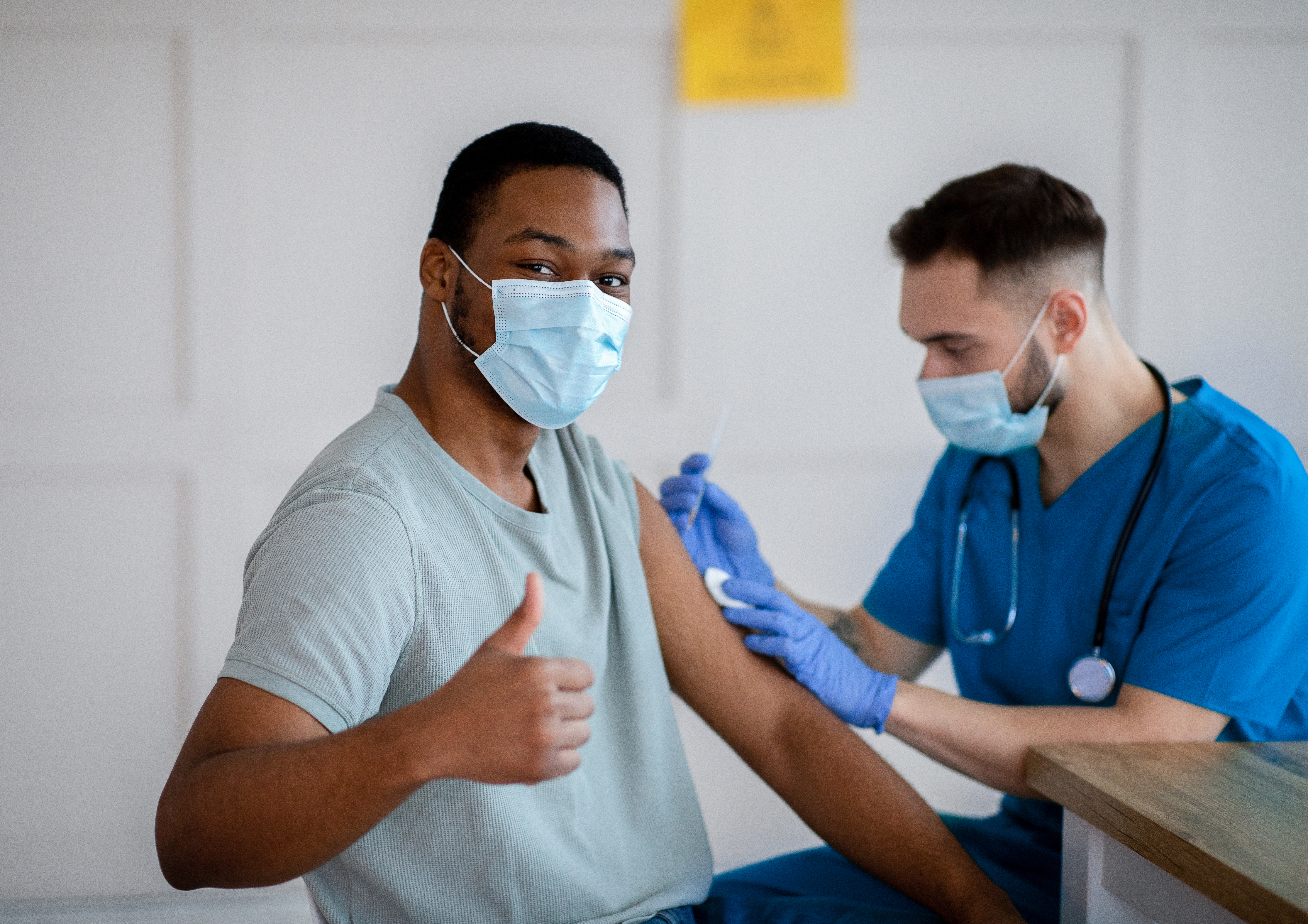
Only a few months ago, life after COVID felt impossible to envision. But now, with everyone ages 12+ eligible for vaccination and the vaccine rollout progressing, it isn't just a distant dream. It’s a soon-to-be reality, according to the Centers for Disease Control and Prevention (CDC).
If you haven't been vaccinated already, here's why experts say you should consider it and how to prepare for resuming pre-pandemic activities once you've had it.
See Family and Friends
"The vaccination can give you back some sense of normalcy," says Dr. Redentor Mendiola, an infectious diseases specialist at Summit Health.
Once you’ve been fully vaccinated, proceed wisely and logically, he advises. You can spend time indoors with extended family who have also been fully vaccinated, masks off—meaning grandparents can see their grandkids around the dinner table instead of sitting six feet apart in lawn chairs in the driveway. It's also okay to include "other trusted households that you know are vaccinated and in good health" in gatherings, Dr. Mendiola says. The only exception to going mask-free indoors is if an adult in the group remains unvaccinated or if a relative or friend is severely immunocompromised.
Make Travel Plans
Yes, you can—mostly domestically. The CDC is currently adding international countries to the "Do Not Travel" list, largely because of variants and lack of large-scale vaccinations abroad. However, American tourists who have been fully vaccinated will be allowed to visit the European Union this summer. And, within the United States and its territories, you should feel less nervous about traveling once you're vaccinated, Dr. Mendiola says.
Just make sure to follow CDC and/or state guidelines where you are visiting. While some places have demanded stricter protocols regarding testing and quarantines, most, if not all, should relax precautions by summertime.
Weigh the Risks
That said, Dr. Mendiola recommends continuing to mask up in public settings. "You can't let your guard down among unknown individuals," he says. You never know who in a crowd has refused a vaccine and might carry COVID-19 or a contagious variant. Like the flu shot, the COVID-19 vaccine greatly reduces your chance of contracting a severe form of the illness, but questions remain about how effective they'll remain against variants, which he calls a "moving target."
While reports have come out about blood clots with Johnson & Johnson's Janssen vaccine and herpes zoster from the Pfizer vaccine, both of these have an extremely low incidence rate. The benefits of vaccination far outweigh the potential side effects. For more information about side effects, view CDC guidelines.
Conversely, don't worry if you have zero reaction to the vaccines. Forming the necessary antibodies after getting your immunization shots is different for every person, Dr. Mendiola says. It's a misconception to think that it's only working if you have a sore arm or a fever the next day.
Additionally, the CDC does not encourage testing for antibodies after immunization vaccination since a negative test does not mean the vaccine was not effective.
Continue Protocols
If you feel symptomatic, get PCR-tested for variants, and then quarantine. For healthy individuals who have had the vaccine, Dr. Mendiola reiterates that "simply put, you nearly eliminate your risk of getting really sick. While the vaccines are not 100% effective, they are pretty close when it comes to preventing death or severe illness from COVID-19.”
Still, he points out that the Pfizer and Moderna vaccines are 95 percent effective. Vaccination, he suggests, is the roadmap back to normal life. "Personally," he says, "I feel liberated."
Eligible Summit Health patients can book a COVID-19 vaccination appointment via our Patient Portal.
